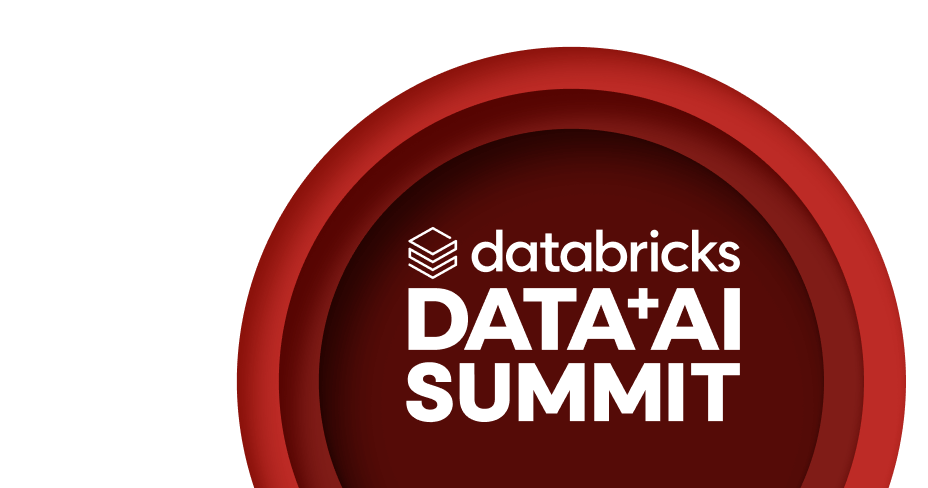More than 60% of the Fortune 500 use Databricks
Over 20,000 customers across the globe
Organizations throughout the world leverage Databricks to drive innovation and solve the world’s biggest challenges.
Over 60% of the Fortune 500 rely on Databricks
The majority of America’s top enterprises trust the Databricks Data Intelligence Platform to take control of their data and put it to work with AI.
All Customer Stories
Discover how innovative companies across every industry are leveraging the Databricks Data Intelligence Platform for success.Loading...
